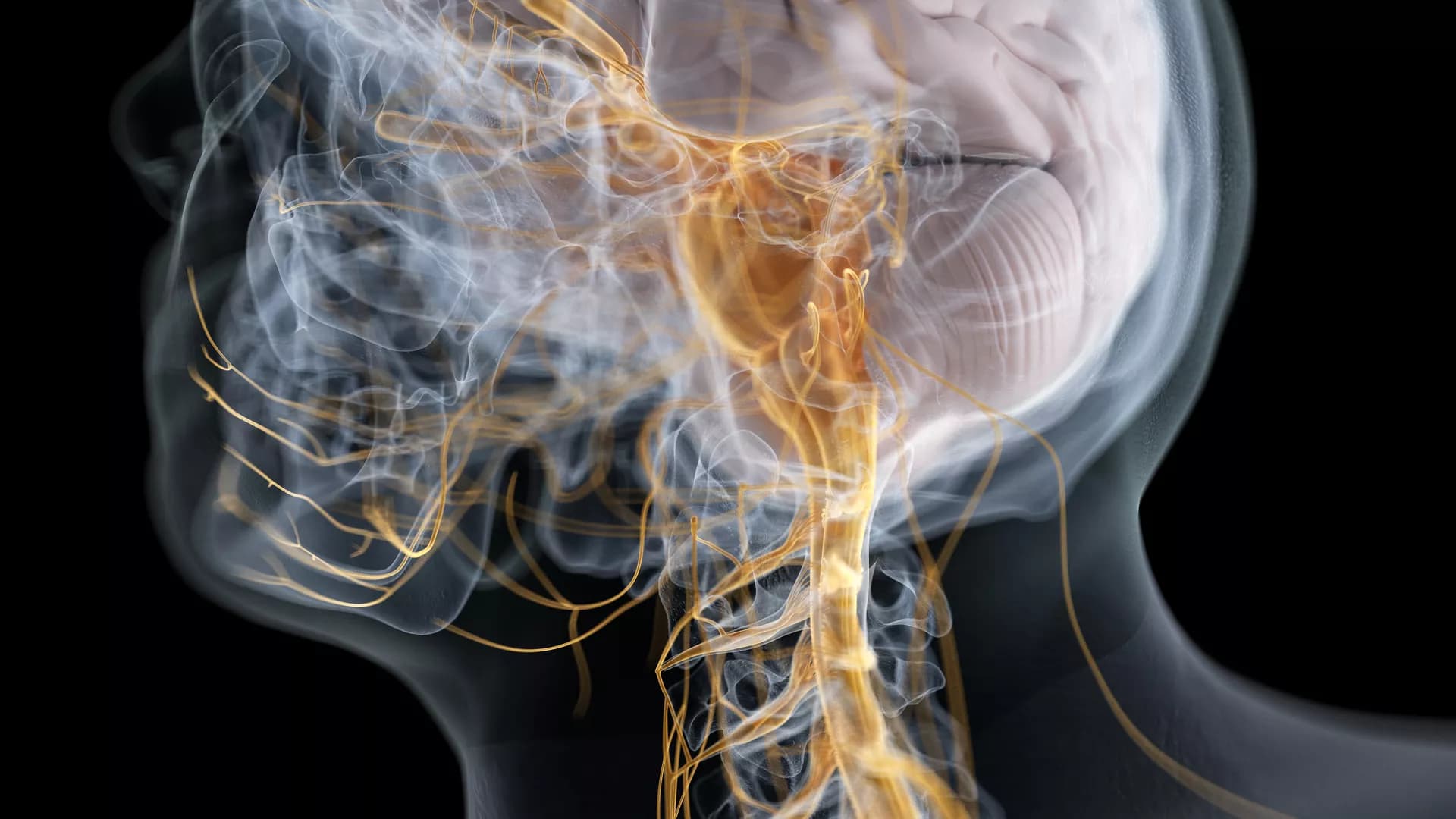Multiple Sclerosis (MS) is a chronic inflammatory demyelinating disease of the central nervous system (CNS) whereby neurodegeneration plays a pivotal role in clinical decline. Measurable tissue atrophy represents the end stage of this neurodegenerative process. However, by the time brain atrophy is quantifiable using magnetic resonance imaging (MRI), it is too late to intervene therapeutically. Recognizing the limited ability of brain atrophy to serve as biomarker of neurodegeneration and the rather urgent need to identify a marker for neuro-axonal injury and repair in MS, increased attention is now focused on techniques possibly detecting mechanisms of disease leading to both white matter and gray matter damage and eventually whole brain volume loss. The overall goal of is to identify novel mechanisms for which therapeutic intervention could prevent consequential cognitive and ambulatory decline.
Development of imaging and clinical techniques that detect disease activity beyond our conventional measures are of crucial importance for patient monitoring and drug discovery. While brain volume assessment demonstrates changes linked to disease progression, identifying the biological mechanisms leading up to that volume loss are key for understanding disease mechanisms. With this in mind, the goal of this research topic is to present research studies and reviews of existing literature focused on the use of novel quantitative clinical, imaging and serological techniques that identify ongoing pathological mechanisms of MS. We envision that the compilation of articles within this Research Topic will encompass studies targeting the full spectrum of pathological damage occurring throughout the CNS. The studies presented within this Research Topic will provide ongoing support for the development of future biomarkers to improve diagnosis, prognosis and therapeutic management of people living with MS.
The types of manuscripts that are of interest for this Research Topic include: Original Research, Systemic Reviews, Reviews, Minireviews and Brief Research Reports. The following themes are of interest:
• Progression beyond EDSS: physical, cognitive and quality of life outcomes
• Optical coherence tomography (OCT)
• Axonal Imaging
• Myelin Imaging
• Neuronal Imaging (synaptic and neuronal dysfunction)
• Imaging chronic CNS inflammation
• Beyond the brain: quantitative imaging of the spinal cord
• Evoked potentials
• Serum and CSF Biomarkers
Multiple Sclerosis (MS) is a chronic inflammatory demyelinating disease of the central nervous system (CNS) whereby neurodegeneration plays a pivotal role in clinical decline. Measurable tissue atrophy represents the end stage of this neurodegenerative process. However, by the time brain atrophy is quantifiable using magnetic resonance imaging (MRI), it is too late to intervene therapeutically. Recognizing the limited ability of brain atrophy to serve as biomarker of neurodegeneration and the rather urgent need to identify a marker for neuro-axonal injury and repair in MS, increased attention is now focused on techniques possibly detecting mechanisms of disease leading to both white matter and gray matter damage and eventually whole brain volume loss. The overall goal of is to identify novel mechanisms for which therapeutic intervention could prevent consequential cognitive and ambulatory decline.
Development of imaging and clinical techniques that detect disease activity beyond our conventional measures are of crucial importance for patient monitoring and drug discovery. While brain volume assessment demonstrates changes linked to disease progression, identifying the biological mechanisms leading up to that volume loss are key for understanding disease mechanisms. With this in mind, the goal of this research topic is to present research studies and reviews of existing literature focused on the use of novel quantitative clinical, imaging and serological techniques that identify ongoing pathological mechanisms of MS. We envision that the compilation of articles within this Research Topic will encompass studies targeting the full spectrum of pathological damage occurring throughout the CNS. The studies presented within this Research Topic will provide ongoing support for the development of future biomarkers to improve diagnosis, prognosis and therapeutic management of people living with MS.
The types of manuscripts that are of interest for this Research Topic include: Original Research, Systemic Reviews, Reviews, Minireviews and Brief Research Reports. The following themes are of interest:
• Progression beyond EDSS: physical, cognitive and quality of life outcomes
• Optical coherence tomography (OCT)
• Axonal Imaging
• Myelin Imaging
• Neuronal Imaging (synaptic and neuronal dysfunction)
• Imaging chronic CNS inflammation
• Beyond the brain: quantitative imaging of the spinal cord
• Evoked potentials
• Serum and CSF Biomarkers








